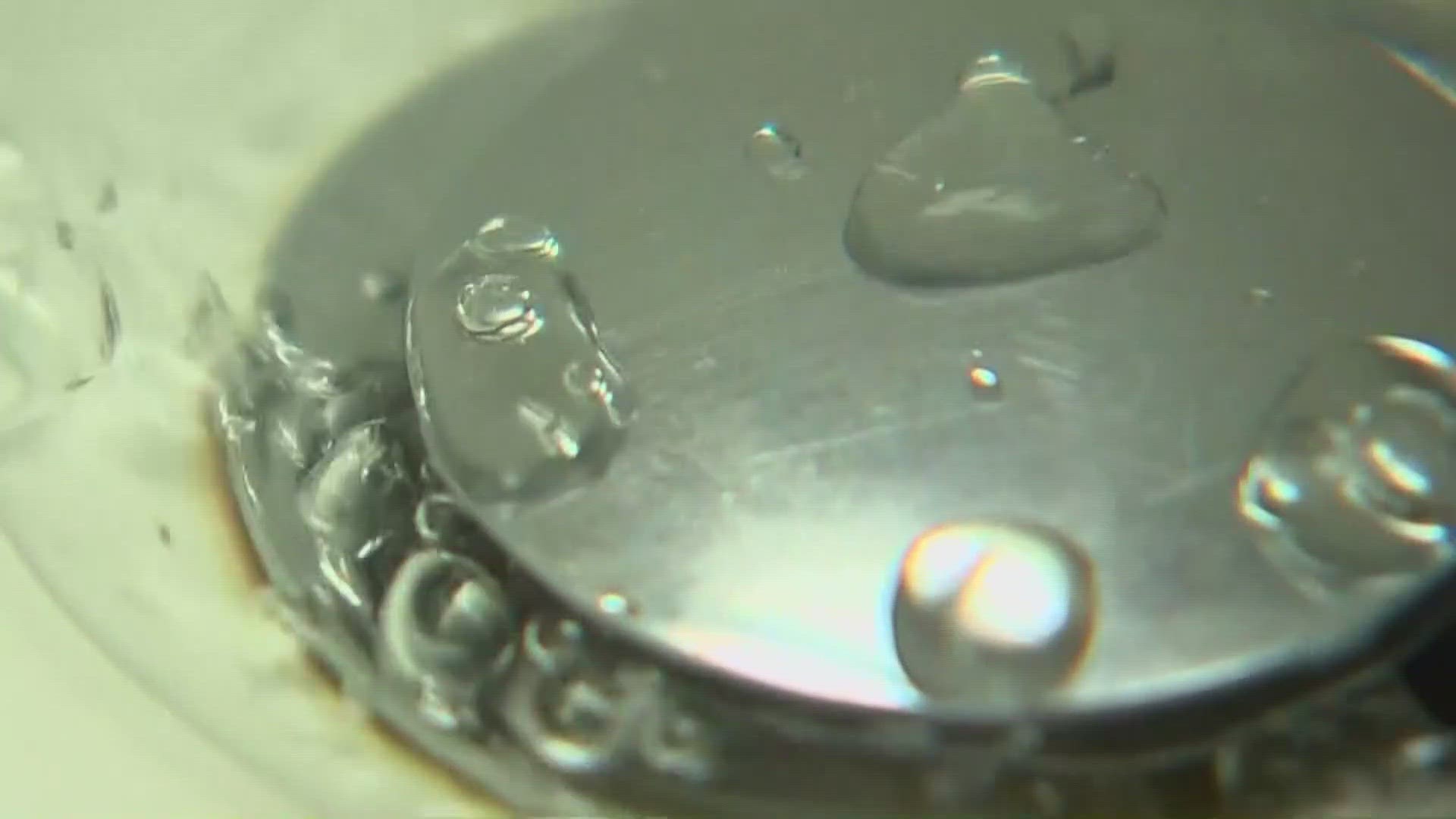WASHINGTON, USA — A new report from the Office of the Washington State Auditor examines the state's data collection and preparation for water conservation heading into the future as the state faces the impacts of population growth and climate change.
"It may be good today, but five years from now, 10 years from now, things will change," state auditor Pat McCarthy said. "With the increasing population, are we going to be able to serve all those people that do come into our state? And with climate change, we don't know what the impact will be with that as well."
The audit examined data collection procedures and progress by the Department of Health and consulted water suppliers about their experiences with water use efficiency regulations.
"We can take that deeper dive, do a study and really look at the system and see what's working and what's not working," McCarthy said.
The audit found that "better collection and use of data could help reduce the loss of drinkable water as it travels through municipal systems." According to the audit, the current data collected on water use and conservation in municipal utilities is "incomplete and often unreliable." It recognized that since notifying WADOH of its assessment, the department has taken actions to improve collection, reporting and response procedures.
In a letter, the heads of WADOH and the state's Office of Financial Management said, "We agree on the importance of promoting efficient water use and water conservation in our public water systems," and recognized the measures as "important steps" to meet water supplies. The letter says DOH recently hired staff to modernize its approach -- changes that are already in line with the audit's recommendations.
The audit also raised the idea of Ecology working more closely with WADOH on these issues because of its expertise. The letter from WADOH and OFM says, "This recommendation merits strong consideration and further investigation."
The audit also found that water suppliers were "overwhelmingly concerned about the importance of conservation." Smaller water providers often struggled with lower funding or lacked the tools to track leaks. The audit recommends lawmakers consider potential exemptions from certain regulations to allow those utilities to focus their resources where necessary.

